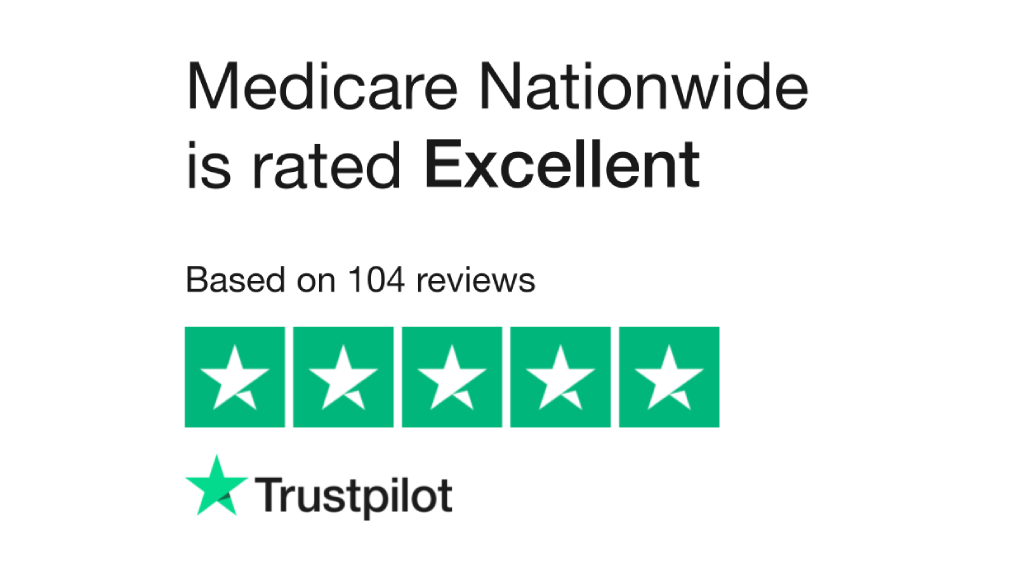Understanding Medicare
The Best Medicare Plan has different parts that cover various healthcare services. Understanding Medicare can feel overwhelming, especially with multiple parts and plan options to consider. It’s important to know what each part covers and how they work together to protect your health and finances. This guide will help simplify Medicare basics so you can make confident decisions about your coverage.
- Part A – This is hospital insurance. It helps pay for hospital stays, nursing care, and some home health care. Most people don’t pay a premium for Part A because they or their spouse paid Medicare taxes while working.
- Part B – This is medical insurance. It helps pay for doctor visits, outpatient care, and some preventive services. You usually have to pay a monthly premium for Part B.
- Part C (Medicare Advantage) – These are private plans that cover everything in Parts A and B and sometimes offer extra benefits like vision, dental, or prescription drugs. You still pay the Part B premium, and you might have an additional premium for the Medicare Advantage plan.
- Part D – This helps pay for prescription drugs. You get Part D through private insurance companies, and you pay a monthly premium.
Choosing the Right Medicare Plan on a Fixed Income
When you’re on a fixed income, it’s important to find a Medicare plan that you can afford but still gives you the coverage you need. Here are some tips to help you choose the right plan:
- Compare Costs – Look at the premiums, deductibles, copayments, and coinsurance. A premium is the amount you pay every month for the plan. A deductible is the amount you pay out of pocket before Medicare starts to pay. Copayments and coinsurance are the amounts you pay when you get a service, like seeing the doctor or getting a prescription.
- Check for Extra Help Programs – There are programs to help people with limited incomes pay for Medicare. For example, Medicaid is a state and federal program that helps with medical costs. The Extra Help program helps with Part D costs. You can apply for these programs if you qualify.
- Consider Your Health Needs – Think about the healthcare services you use often. Do you need many doctor visits, prescription drugs, or special treatments? Make sure the plan you choose covers these services at a price you can afford.
- Look at the Provider Network – If you have doctors or hospitals you like, make sure they are in the plan’s network. Some plans have networks of doctors and hospitals you must use to get the lowest costs.
- Review the Drug Coverage – If you take prescription drugs, check the plan’s formulary. A formulary is a list of drugs the plan covers. Make sure your medications are on this list, and check how much you’ll have to pay for them.
- Understand the Plan’s Rules – Some plans require referrals to see specialists or prior authorization for certain services. Make sure you understand the rules and they fit your lifestyle.
- Use Online Tools – Medicare’s website has tools to help you compare plans. You can enter your information and see a list of plans with their costs and coverage.
Special Enrollment Periods
Most people sign up for Medicare when they turn 65 during their Initial Enrollment Period. However, if your income changes or you qualify for Extra Help, you might get a Special Enrollment Period. This means you can sign up or change your insurance plan outside the usual times.
Special Enrollment Periods (SEPs) give you flexibility to enroll in or change plans outside the usual enrollment windows if you face qualifying life events. These events include moving to a new area, losing other health insurance coverage, or becoming eligible for Extra Help due to a change in your financial situation. Knowing when you qualify for an SEP ensures you can adjust your coverage when needed without waiting for the next open enrollment period.
Medigap Policies
Medigap, or Medicare Supplement Insurance, helps pay some of the costs not covered by Original Medicare (Parts A and B), like copayments and deductibles. Medigap policies are sold by private companies. You pay a monthly premium for Medigap in addition to your Part B premium. If you have a Medicare Advantage Plan, you can’t use Medigap.
Medigap plans help cover out-of-pocket costs that Original Medicare doesn’t pay, such as copayments, coinsurance, and deductibles. These plans can provide more predictable healthcare expenses and greater flexibility in choosing providers since they generally don’t have network restrictions. It’s important to compare different Medigap policies, as benefits and premiums can vary, and remember that Medigap cannot be used alongside a Medicare Advantage plan.
Conclusion
Finding the best Medicare plan on a fixed income requires careful planning and research. Compare the costs and benefits of different plans, consider your health needs, and look into programs that can help with costs. Use online tools to make the process easier, and don’t be afraid to ask for help if you need it. With the right plan, you can get the healthcare you need without breaking your budget.
Prefer to talk on the phone? Contact us at 1-888-559-0103.
Book a free appointment to know how we can help you with your Medicare needs.

